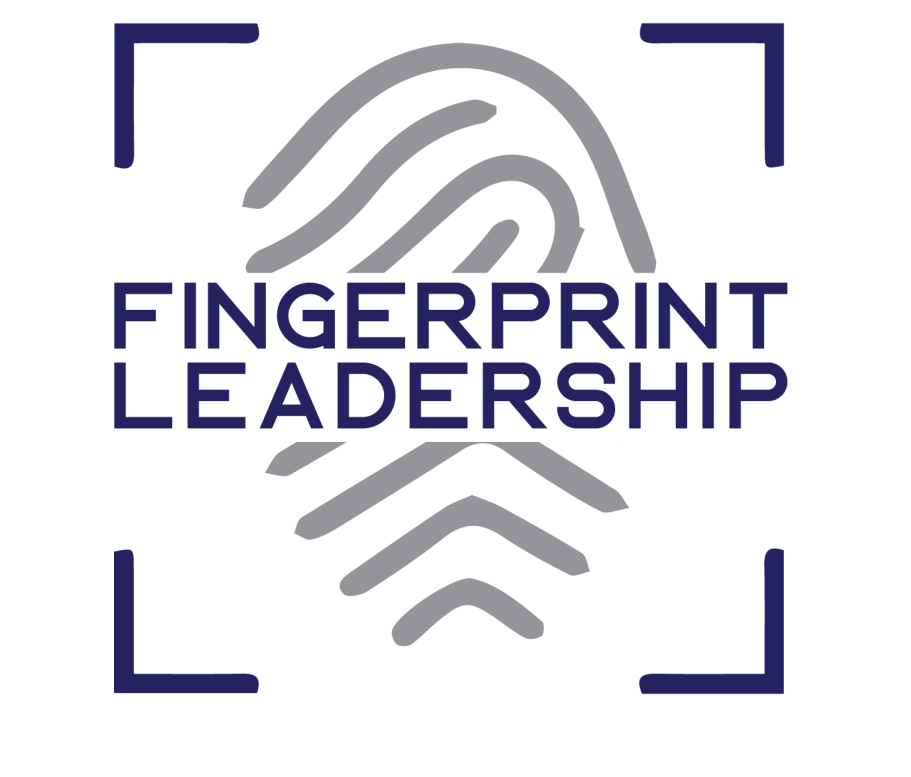TEAM COACHING
Team coaching is a collaborative and structured process in which a skilled coach works with a team to enhance their collective performance, effectiveness, and overall dynamics. The primary objectives of team coaching include fostering a positive team culture, strengthening collaboration and trust, resolving conflicts constructively, aligning team goals with organizational objectives, and ultimately enhancing the team's performance and productivity. Team coaching is often carried out by experienced coaches or facilitators with expertise in group dynamics, communication, leadership, and organizational development.

The team coach serves as a neutral and objective facilitator who encourages open dialogue, identifies areas for improvement, and helps the team create action plans to address any issues or obstacles. The coach also assists the team in identifying and leveraging their strengths, aligning their goals with organizational objectives, and promoting a climate of trust and mutual support.
It's important to note that team coaching is distinct from individual coaching, where the focus is on developing the skills and performance of an individual rather than a group. Team coaching recognizes that the collective dynamics and interactions within a team can significantly influence its success, and thus, it aims to improve the team's overall functioning and productivity.
By engaging in team coaching, teams can develop greater relationship awareness, which will lead to holding experiences and emotions as an expression of the system, and the full focus will be on the system and not on individuals. However, individuals will be the voice of the system.
Some of the key advantages of team coaching:
- Improved Communication: Team coaching can help enhance communication within the team. This includes fostering open dialogue, active listening, and effective feedback, which can lead to better collaboration and understanding among team members.
- Enhanced Teamwork: By identifying and addressing any underlying conflicts or barriers, team coaching can promote a more cohesive and collaborative work environment. Team members can learn to appreciate each other's strengths and work together more efficiently.
- Increased Productivity: When team members are on the same page and understand their roles and responsibilities clearly, it can lead to increased productivity. Team coaching helps in setting realistic goals, optimizing processes, and identifying areas of improvement.
- Conflict Resolution: Conflicts are a natural part of any team dynamic, but unresolved conflicts can be detrimental. Team coaching facilitates conflict resolution by teaching members constructive ways to address disagreements and find mutually beneficial solutions.
- Alignment with Organizational Goals: Team coaching ensures that team objectives align with the broader organizational goals. This alignment contributes to overall effectiveness and ensures that efforts are focused on what matters most for the organization
- Strengthened System Intelligence: Team coaching often includes exercises that enhance the culture of the whole system awareness. This helps them better value the impact of their behaviors, and emotions on the whole team, as well as empathize with others, leading to more positive interactions.
- Adaptability and Resilience: Team coaching prepares teams to navigate through changes and uncertainties. It equips them with the skills and they will be able to develop resilience in the face of setbacks, allowing them to bounce back stronger and find creative solutions to problems.
- Employee Engagement and Satisfaction: Engaged and satisfied employees are more likely to be productive and stay with the organization. Team coaching can improve team morale and job satisfaction, leading to reduced turnover and increased employee retention.
- Innovation and Creativity: By encouraging a culture of psychological safety, team coaching can foster an environment where team members feel comfortable sharing ideas and taking calculated risks. This can lead to increased innovation and creativity within the team.
By investing in team coaching, organizations can foster not only high-performing teams that are equipped to face challenges, achieve goals, and contribute to the overall success and growth of the organization but also enjoy working altogether, leading to a positive impact on both individual and organizational levels.
It is an investment that pays off in improved team dynamics, productivity, and employee satisfaction.
We need your consent to load the translations
We use a third-party service to translate the website content that may collect data about your activity. Please review the details in the privacy policy and accept the service to view the translations.

